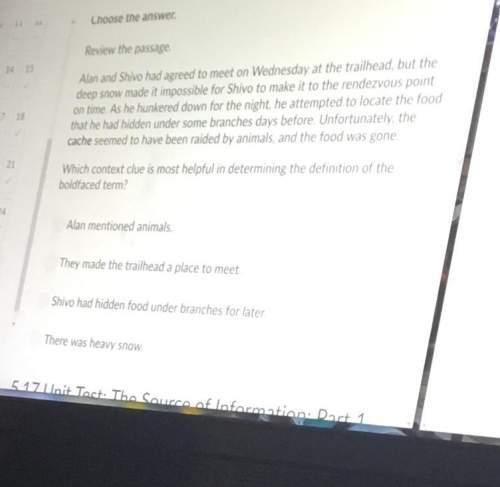
English, 02.02.2021 03:10 lizzyhearts
The growing cities of the Middle Ages could be exciting places. However, many were dark, unsafe, and unhealthy. Streets were narrow, crooked, and filthy. There were no streetlights or police. Many people did not go out alone at night for fear of robbers. If people did go out, they often took servants along with them for protection and to carry lanterns or torches to light the way. Waste was dumped into open gutters. All in all, conditions were disgusting. This caused diseases to spread quickly through the crowded cities.
B Beginning in 1347, one such disease, a terrible plague, swept through Europe. The disease was called the Black Death because of the darkened color of its victims’ faces after they died. The plague began in Asia and spread along busy trade routes. Trading ships carried the disease west to the Mediterranean. From the Mediterranean ports, the disease spread throughout most of Europe. Rats on the ships carried the disease. Fleas from the rats spread the disease to people.
C Once people became infected, the disease could be spread from person to person. People became infected as they came in contact with the sick. According to Jean de Venette, a friar who lived at the time, young people were more likely to die than old people. Those who got sick lasted only two or three days and then died suddenly. This happened in such great numbers that often those who lived could not keep up with burying the dead. The friar wrote, “Someone who was healthy one day could be dead and buried the next. . . . A healthy person who visited the sick hardly ever escaped death.”
D No one knows the exact number of plague deaths in Europe. Some guess that about 25 million people died in Europe from 1347 to 1351. This was about one third of the entire population. The death rate varied from place to place. Towns seemed to be harder hit than the countryside. Some entire villages and towns were wiped out. The plague affected the rich as well as the poor. Even the great and powerful, including royalty, were struck down. Throughout Europe, populations were devastated by, as the Welsh called it, “death coming into our midst like black smoke.”
E The Black Death greatly affected Europe. Relations between the upper classes and lower classes changed. Workers, now in short supply, demanded higher wages. In several European countries, peasants staged uprisings. There were emotional effects as well. In some areas, the theme of death appeared in poetry, sculpture, and painting. People’s faith was shaken. The church lost some of its power and importance. The Black Death took a greater toll on human life than any war or illness before that time. It was perhaps the greatest tragedy in all of European history.
Write a short summary of this passage, in your own words.

Answers: 3


Another question on English

English, 22.06.2019 03:00
Which most closely describes the author's use of historical information for the novel white fang? consider both texts provided. the author included details and descriptions of the dogs that match the historical details provided. b) the author changed the historical facts about early sled dogs to fit the needs of his plot and setting. c) the author changed the description and age of the dogs, which was necessary for his main character to develop bonds with the dogs. d) the author included historically accurate details of the dogs' working conditions, but the dogs he describes in his story are alaskan huskies.
Answers: 3

English, 22.06.2019 04:30
How does this excerpt develop the central idea that espionage during the civil war was often carried out by untrained citizens? it enhances the reader’s understanding by explaining why training was unnecessary. it changes the reader’s perception of what information a spy was able to obtain. it explains an ordinary person’s motivation for conducting espionage against the enemy. it adds moral complexity to espionage, due to the use of secret and dangerous methods.
Answers: 1

English, 22.06.2019 05:30
Explain how creon’s tragic downfall reveals the ancient greek belief that nothing happens by chance.
Answers: 2

English, 22.06.2019 06:10
Select all of the correct answers. what arguments does susan b. anthony make in this excerpt from her speech?
Answers: 3
You know the right answer?
The growing cities of the Middle Ages could be exciting places. However, many were dark, unsafe, and...
Questions



Mathematics, 27.12.2019 02:31

Mathematics, 27.12.2019 02:31

Mathematics, 27.12.2019 02:31


Social Studies, 27.12.2019 02:31


Mathematics, 27.12.2019 02:31

Mathematics, 27.12.2019 02:31

Health, 27.12.2019 02:31

Mathematics, 27.12.2019 02:31

History, 27.12.2019 02:31




Mathematics, 27.12.2019 02:31



Mathematics, 27.12.2019 02:31




